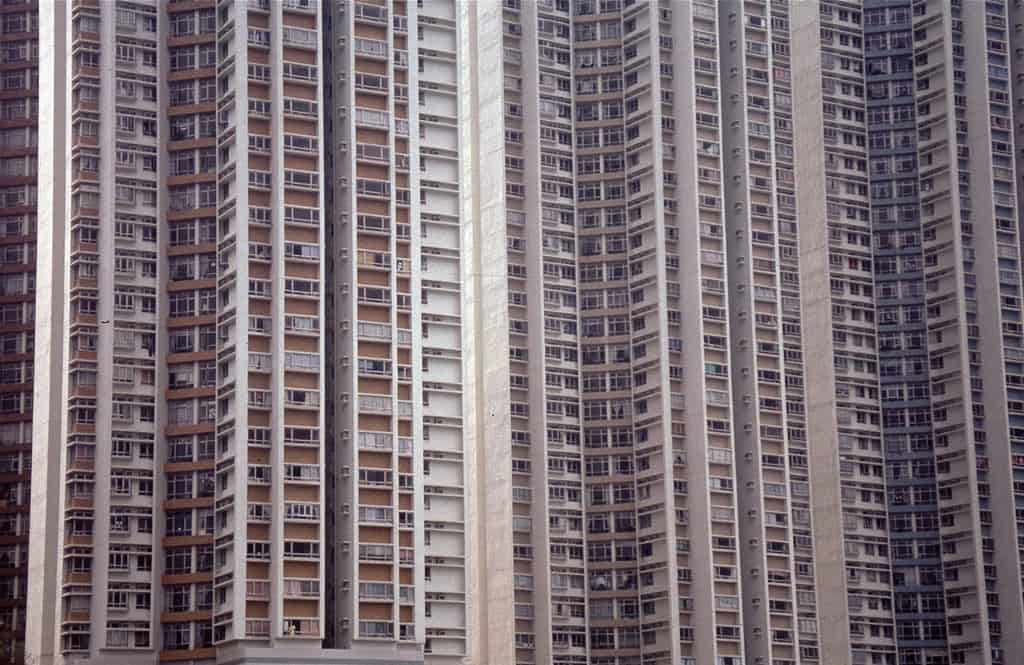I agree with the commentary that Richard Rogers, our favourite British architect, was a giant. But I did cross swords with him once – the only time we ever encountered each other,
It was at the press conference to launch his urban renaissance commission report in 1999.
He had been commissioned partly to further the agenda of the deputy prime minister John Prescott to increase the density of new housing in the UK – something he has partly succeeded in doing. At the time, I had been running what was virtually a personal crusade against the idea.
I don’t think I succeeded in discomforting the great man in the least – though I did out a few noses out of joint at Friends of the Earth, which is where the campaign had begun. As far as I could see, this was a repeat of a similar alliance between urban sophisticated types and green campaigners that, in the 1950s, had made a common cause along the same lines between shire Tories and inner city Labour councils, both of which had electoral reasons not to let the poor leave.
The result had not seen any change at all in the way the middle classes lived, but it saw poor communities broken up and decanted into high rise flats. Their lifts were soon vandalised, and many of the towers were blown up later before the debts that had paid for them to be built had been paid off.
It seemed to me then, and now, that high density living is a kid of con to keep the urban poor staying put in cities – and to make urban mass transit more affordable, which really was an example of the tail wagging the dog.
But it was a different issue which I asked what I believed was my killer question to Lord Rogers.
It seemed to me that the future of cities was not going to be the kind of zoned specialisation that we might have imagined in the 1960s – primarily because of the demands of the circular economy. If we were into use our waste as raw materials, we would need a good deal more space in our cities near where people live to do the processing,
We would need more space to grow the food we needed, rather than trucking it all in every night, and we would need more space for generating renewable energy.
I am less sure about the last of these now. What I am sure about is that making our cities a bit greener, bringing in some aspects of life in the countryside won’t just be good for people’s mental health, it will also be good for sustainable economies.
Unfortunately, there is an irritatingly backward strand of thinking on the UK political left, which wants more and more people dragged into our cities. Just have look at the horrible towers already beginning to create such winds near East Croydon station. And not a blade of grass to be seen. These are our future slums.
Needless to say, Rogers didn’t agree with me.





